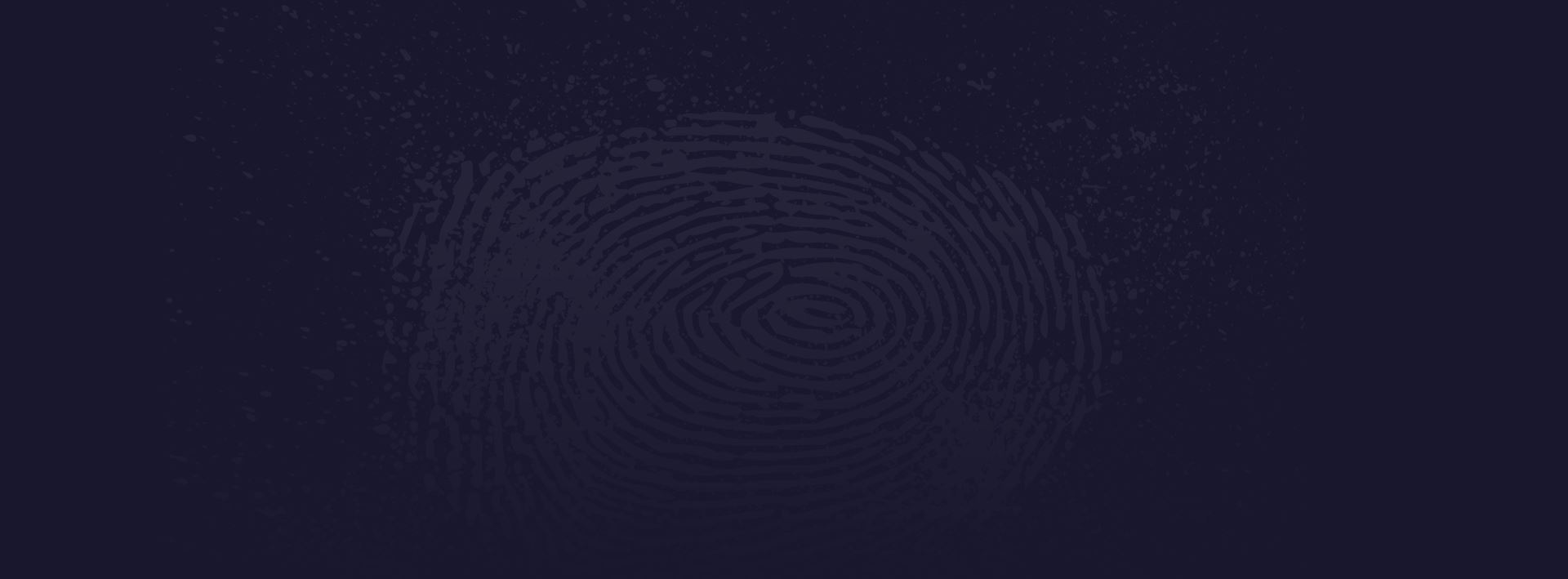The Role of Body Cameras in Criminal Defense
Body cameras have drastically changed the way cases are built and defended in courtrooms. They provide a visual, unfiltered account of events, which can either strengthen a case or cast doubt on it. But like any piece of evidence, body camera footage comes with legal and ethical complexities. If you're curious about how this technology impacts criminal defense, here's what you need to know—especially if you're facing charges and wondering how video evidence could play into your case.
Admissibility of Body Camera Footage in Court
Body camera footage can be powerful, but it’s not automatically admissible in court. For the footage to be used, it must meet strict standards on authenticity, relevance, and the chain of custody. Essentially, the court needs assurance that the footage is real, connected to the case, and hasn’t been tampered with at any stage.
Defense attorneys may challenge footage by asserting it’s incomplete, taken out of context, or improperly handled during its transfer. A weak chain of custody, for example, could render the footage unreliable. These methods aim to protect the accused from evidence that’s misleading or mishandled.
Impact on Police Accountability
Body cameras don’t just influence courtroom dynamics—they’ve revolutionized police accountability. Officers are likelier to follow protocol knowing their actions are recorded, reducing misconduct and increasing transparency. For the public, this footage provides immediate insight into police interactions, strengthening trust between law enforcement and communities.
But the footage can do more than hold officers accountable. It also encourages systemic change. When recordings highlight patterns of misconduct or procedural failures, they push the conversation around law enforcement reforms further.
Influence on Plea Bargains and Case Outcomes
Body camera video often plays a decisive role in negotiations and courtroom outcomes. For instance, if the footage clearly supports the prosecution, a defense attorney might recommend a plea bargain to minimize penalties. But the reverse is also true—if the footage reveals inconsistencies with law enforcement’s account or procedural violations, it strengthens the defense’s hand.
At trial, video evidence has an undeniable impact. What juries see often carries more weight than what they hear, making body camera footage a compelling tool for both defense and prosecution. But skillful attorneys know how to analyze these recordings, finding inconsistencies, biases, or technical flaws that could alter the case’s trajectory.
Legal and Ethical Considerations
Privacy and Ethical Concerns
While body cameras bring transparency, they also raise difficult questions about privacy. Civilians caught in recordings have little control over how their moments—perhaps deeply personal ones—end up being used. Similarly, constant surveillance can weigh heavily on officers, influencing their decision-making under scrutiny.
Defense attorneys must tread carefully, ensuring any footage used respects these privacy boundaries. That includes redacting sensitive details when possible, balancing the pursuit of justice with ethical responsibility.
Managing Video Data
Handling body camera footage isn’t just about playing it in court. Storage, accessibility, and security are significant challenges—especially given the sheer volume of data these devices generate. For attorneys, understanding how agencies store and manage this data is critical in building or dismantling cases. Gaps in data retention or misuse of footage? That can become fuel for a defense strategy.
Technological Challenges
Body cameras are helpful, but they aren’t perfect. Devices can fail, video quality might be poor, or the battery might not last long enough to capture key moments. These technical problems can weaken how footage is interpreted, creating space for defense attorneys to question the reliability of what’s presented.
Beyond equipment malfunction, the management of this data presents another hurdle. Defending clients effectively means being prepared to dig into how law enforcement handled the footage from the moment it was captured to when it was brought into court.
How Body Camera Evidence Could Help Your Case
If you’ve been charged with a crime, body camera footage could be evidence that shifts the balance in your case. Whether it’s challenging its reliability or using inconsistencies in the recordings to your advantage, having an experienced legal advocate is vital.
At Gigstad Law Office, LLC, our team specializes in uncovering every possible angle in your criminal defense, including how video evidence plays into your case. We’ll analyze the details, question the evidence, and craft a strategy tailored to you.
Don’t face the complexities of the justice system alone. Call us today at (888) 387-2036 and take the first step toward securing the legal representation you deserve.

